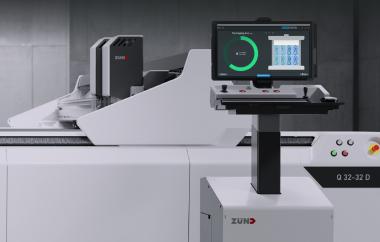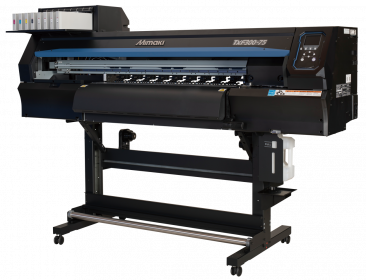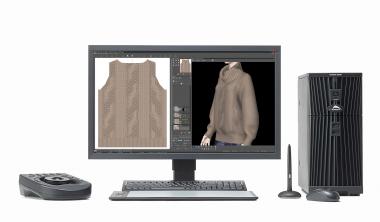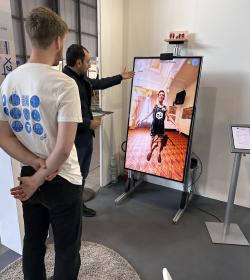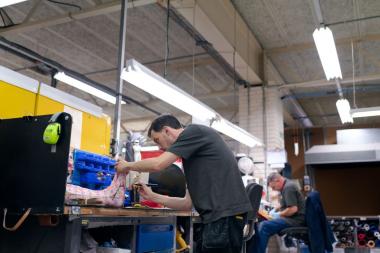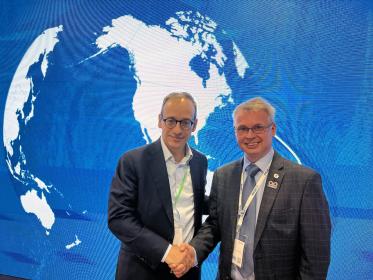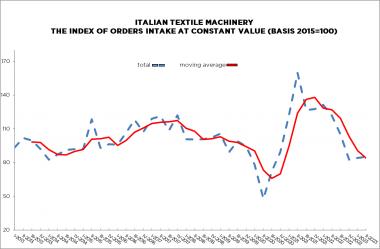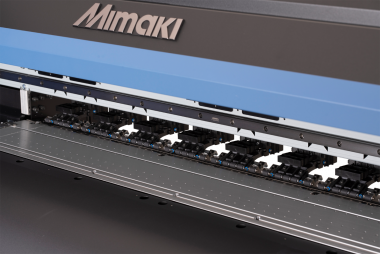Elvaston übernimmt Mehrheitsbeteiligung an SETEX
Die SETEX Schermuly textile computer GmbH, ein führender Anbieter von Software für das Management von Fertigungsprozessen und Steuerungen für Textilmaschinen, gibt die Übergabe einer Mehrheitsbeteiligung an die Elvaston Capital Management GmbH bekannt.
Die unternehmergeführte Beteiligungsgesellschaft Elvaston hat die übergeordnete Textile Solutions Holding GmbH ins Leben gerufen, um ein Portfolio koordinierter Technologieunternehmen aufzubauen, das nicht nur die Vernetzung der textilen Prozesskette sicherstellt, sondern auch bisher am Markt nicht verfügbare Funktionen bietet.
Die bisherigen geschäftsführenden Gesellschafter von SETEX, Christoph und Oliver Schermuly, bleiben weiterhin als Geschäftsführer tätig.
SETEX ist überzeugt, mit diesem Schritt die Wettbewerbsfähigkeit und das Wachstumspotenzial von SETEX weiter auszubauen.
SETEX Schermuly textile computer GmbH








